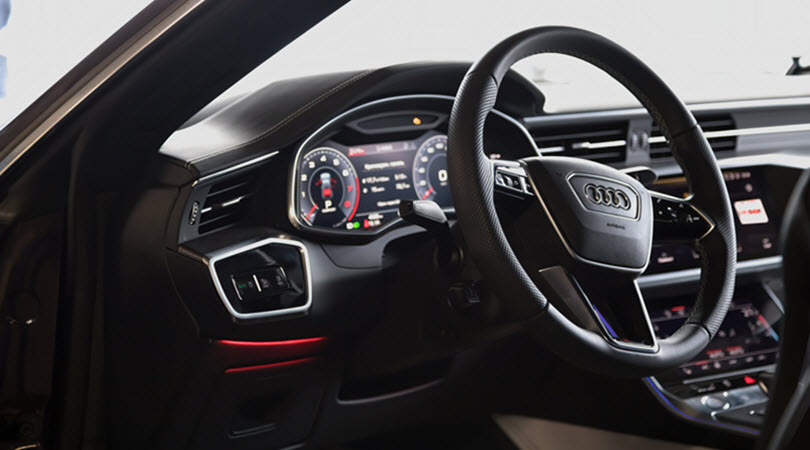
Have you noticed any glitches in your Audi’s digital dashboard? If this sophisticated screen in your car begins to malfunction, don’t worry. These problems happen, and there are straightforward ways to fix them.
Audi’s digital dashboard is the command center of your driving experience. With a sleek, high-resolution display, it replaces traditional analog gauges, providing a customizable interface that can showcase navigation, media, and vital vehicle statistics. It’s a well-coordinated display of pixels meant to harmonize with the complex mechanisms within your vehicle’s engine. Let us look at some of the causes and signs of faulty digital dashboards in Audi.
Common Causes of Digital Dashboard Failures
- Software Glitches: Think of your Audi’s digital dashboard as a smart computer built into your car. Just like your laptop or smartphone, it runs on software. Sometimes, bugs or glitches sneak in, disrupting the smooth flow of its functions. These can range from minor annoyances like a misbehaving screen to more complex issues affecting its entire operation.
- Electrical Problems: Your car’s dashboard relies on a network of wires and a stable power supply to function properly. If there’s a glitch in the wiring or a disruption in the power flow, it can wreak havoc on the dashboard. This disruption might manifest as erratic behavior, sudden blackouts, or complete failure of the display.
- Hardware Malfunctions: Inside your dashboard, there are various components working together seamlessly. However, like any mechanical system, these components can encounter faults. When something within this system goes wrong, it can lead to display problems, unresponsive controls, or other issues that make your dashboard less user-friendly.
How To Spot Digital Dashboard Trouble
It’s crucial to recognize the warning signs that hint at potential digital dashboard problems to avoid unexpected malfunctions:
- Frozen Screen: Have you ever had your dashboard’s display freeze? It’s like hitting a pause button on your car’s digital life. This could be a red flag indicating a glitch or a deeper underlying issue that needs attention.
- Unresponsive Controls: Another way to spot a faulty dashboard is when the buttons or touch-sensitive areas fail to respond. This unresponsiveness might point directly to a malfunction within the dashboard’s intricate system.
- Fluctuating Display: The dashboard’s display can flicker randomly or behave inconsistently. This fluctuation in display behavior often signals an impending issue that might disrupt your driving experience.
Preventive Measures for Dashboard Care
- Routine Maintenance: Regular inspections and proactive maintenance are the backbone of a healthy dashboard. Create a habit of regular inspections to detect issues early and prevent minor glitches from evolving into major headaches. Don’t procrastinate on issues you notice during these checks. Swift action can nip potential dashboard problems in the bud, saving you from future hassles.
- Expert Handling: Resist the urge to be a DIY hero when it comes to dashboard repairs. Entrust your Audi to certified technicians with specialized knowledge to ensure accurate diagnosis and resolution without complicating matters. Dashboard systems are intricate—trial and error can lead to costly repairs.
- Prevent Power Surges: Shield your dashboard from electrical mishaps for sustained performance. Consider installing surge protectors to safeguard against sudden power surges. These devices act as a first line of defense, preventing electrical spikes from damaging your dashboard’s delicate components. Ensure your vehicle’s electrical system is in peak condition. Periodic checks can detect and address potential issues that might otherwise lead to dashboard failures due to electrical irregularities.
Trust Carotech Automotive to Restore Your Audi’s Brilliance
At Carotech Automotive, we 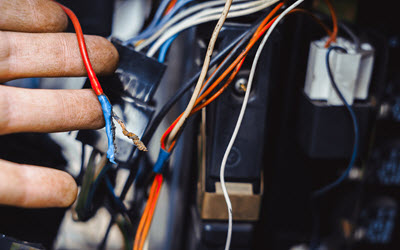 are the leading auto repair shop for all Audi repairs. If you notice any inconsistency in your Audi’s digital dashboard, you can trust us to handle it. Our team comprises highly trained technicians equipped with the expertise to diagnose and proficiently resolve any dashboard issues your Audi might face.
are the leading auto repair shop for all Audi repairs. If you notice any inconsistency in your Audi’s digital dashboard, you can trust us to handle it. Our team comprises highly trained technicians equipped with the expertise to diagnose and proficiently resolve any dashboard issues your Audi might face.
We are renowned as the premier repair shop for Audi owners in Los Angeles, CA, and we pride ourselves on delivering superior service, ensuring your driving experience maintains its unparalleled quality. Don’t allow dashboard glitches to impede your Audi’s performance—reach out to us promptly. Schedule an appointment and let our skilled professionals restore your Audi dashboard to its optimal state.
* Audi A7 Sportback Car Interior image credit goes to: Dmitrii Guldin.

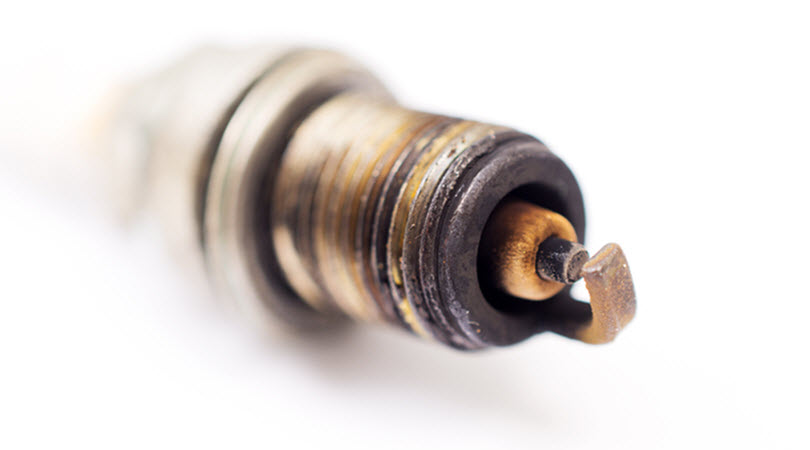
 the go-to place for all of your car needs. Our technicians use brand-new parts, specifically designed for a swift Audi spark plug replacement. Don’t wait to get an appointment –
the go-to place for all of your car needs. Our technicians use brand-new parts, specifically designed for a swift Audi spark plug replacement. Don’t wait to get an appointment – 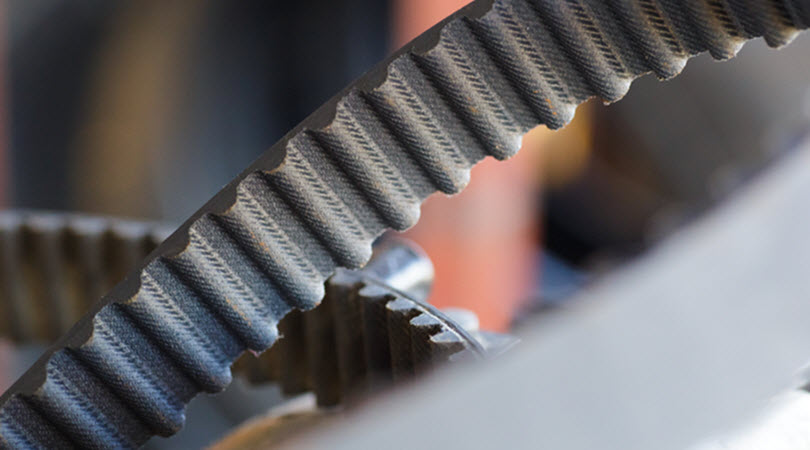
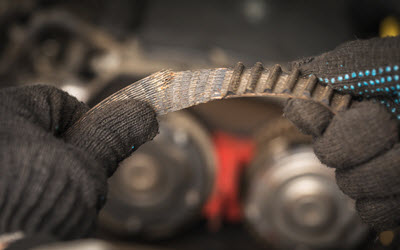 loose or just due for a check-up,
loose or just due for a check-up, 
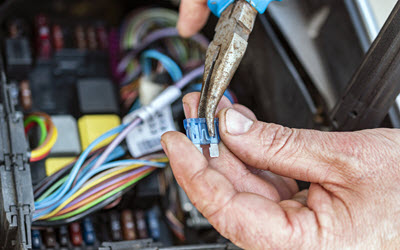 refuse to turn off? Issues like this may appear to be minor annoyances at first, but they should be addressed as quickly as possible to prevent further damage. If you detect issues with any of the areas listed above, don’t wait to schedule an appointment with
refuse to turn off? Issues like this may appear to be minor annoyances at first, but they should be addressed as quickly as possible to prevent further damage. If you detect issues with any of the areas listed above, don’t wait to schedule an appointment with 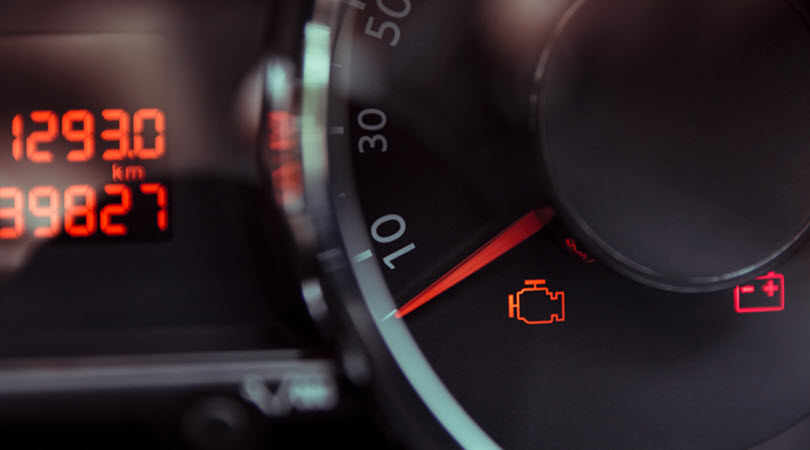
 your check engine light might come on. The reasons I listed earlier are only some of them. The best way to figure out exactly what is causing the
your check engine light might come on. The reasons I listed earlier are only some of them. The best way to figure out exactly what is causing the 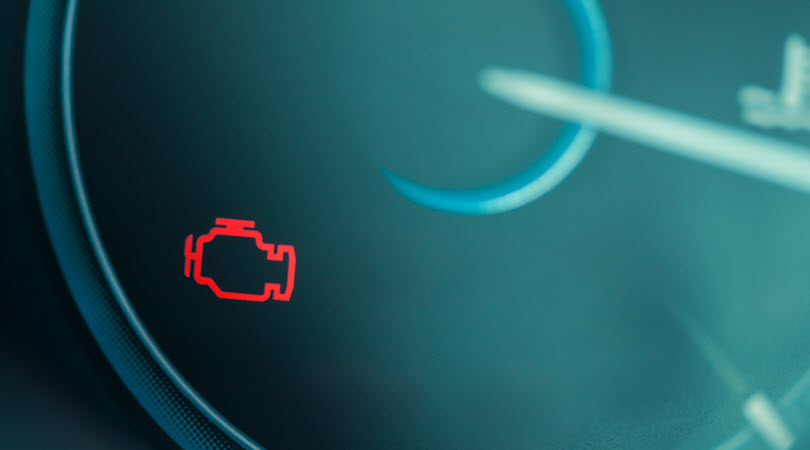
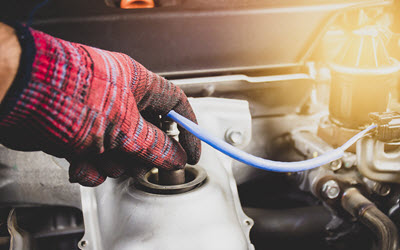

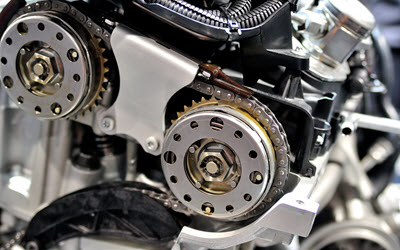 safety. With those in mind, it’s best that you
safety. With those in mind, it’s best that you 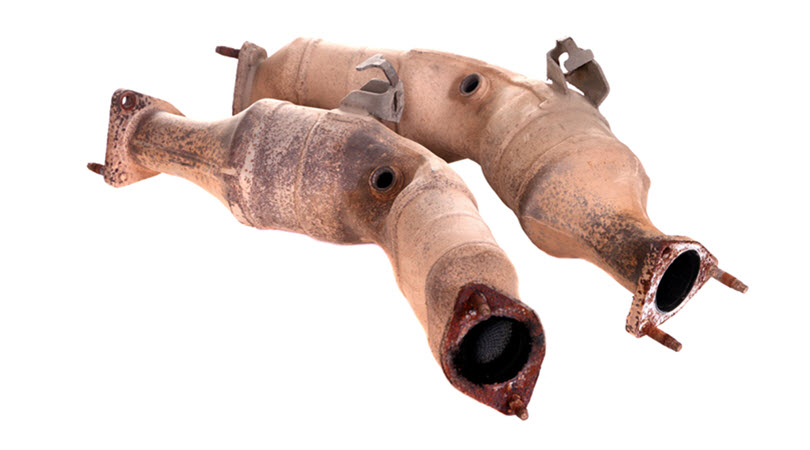
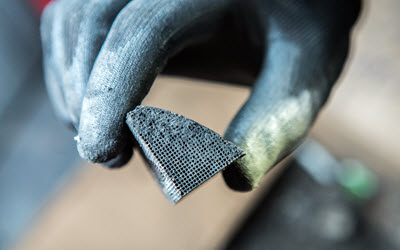 Los Angeles, California,
Los Angeles, California, 



Recent Comments